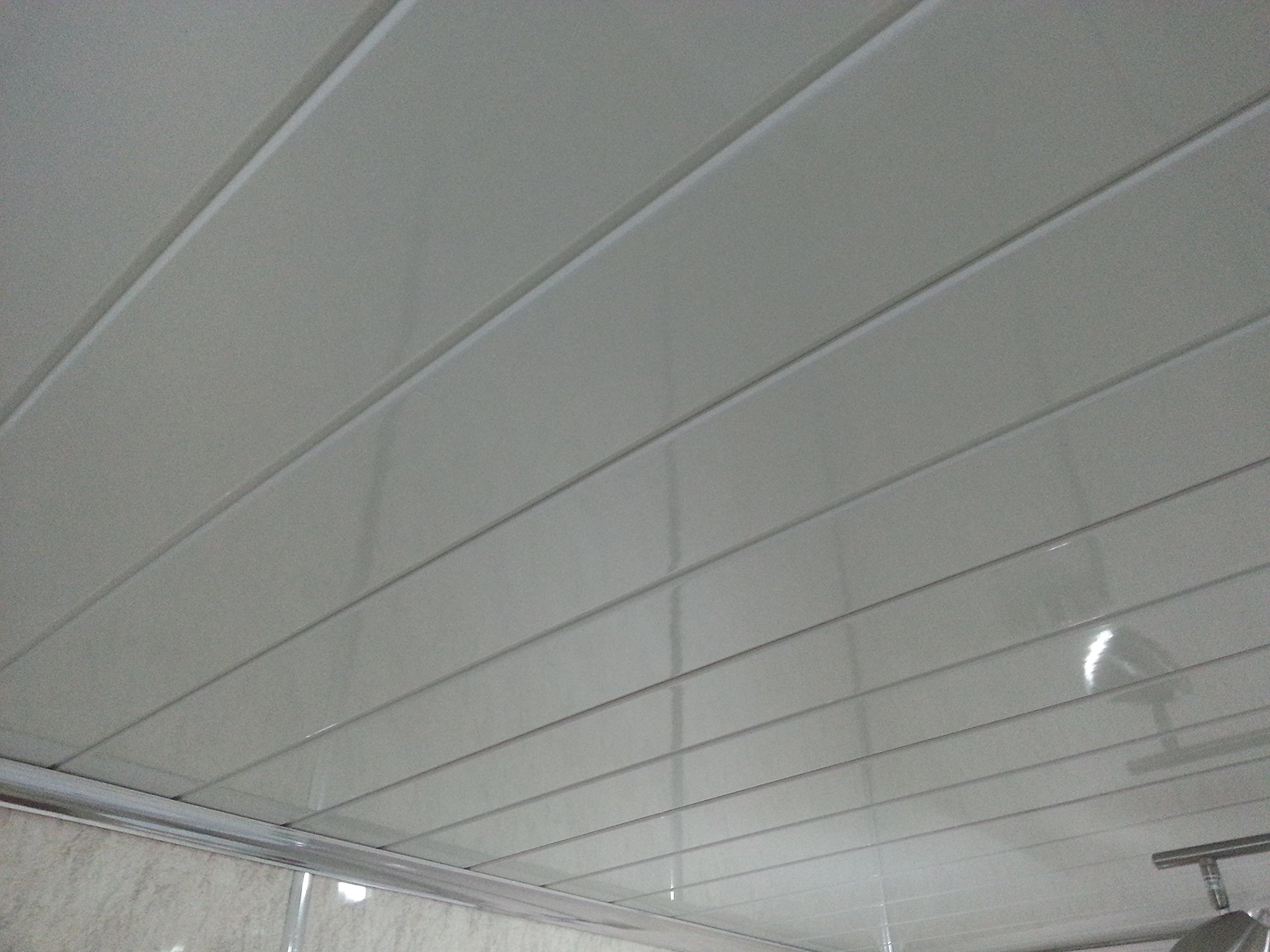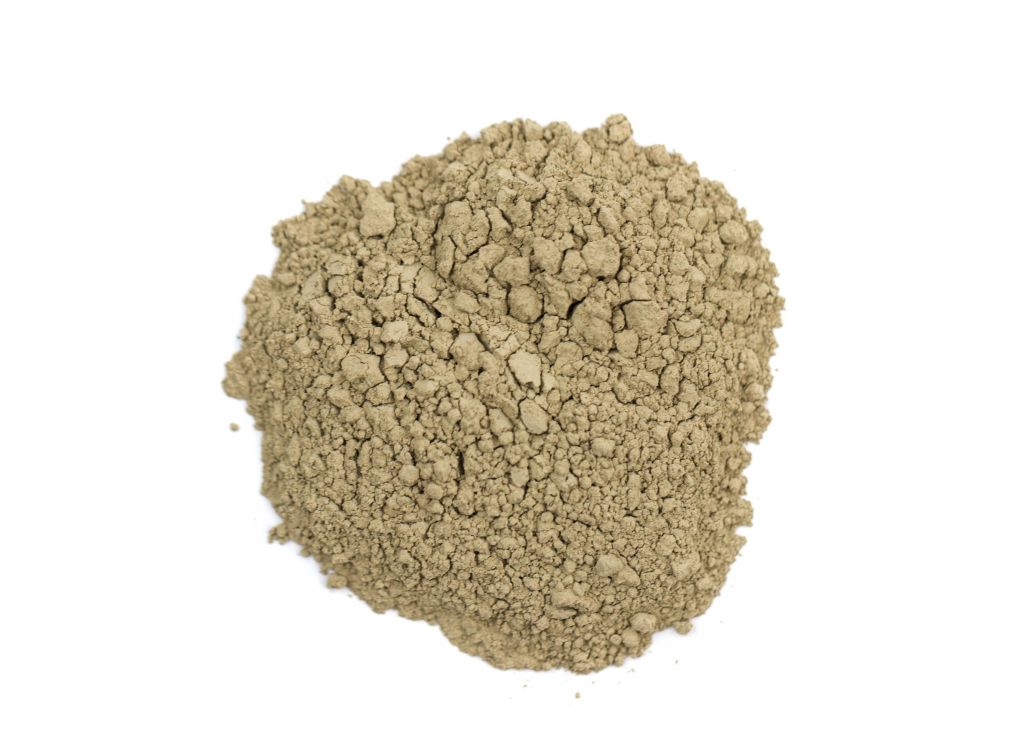In the world of construction and manufacturing, the choice of materials plays a crucial role in determining the quality, durability, and overall performance of the end product. When it comes to selecting the right type of plastic for various applications, PVC (Polyvinyl Chloride) and uPVC (Unplasticized Polyvinyl Chloride) are two commonly considered options. In this article, we will delve into the debate of PVC vs uPVC, exploring the key differences, advantages, and applications of PVC, and why it is often the preferred choice in a wide range of industries.
- Understanding PVC and uPVC:
PVC, a versatile thermoplastic polymer, is widely used due to its excellent chemical resistance, durability, and affordability. It is made by polymerizing vinyl chloride monomers, resulting in a flexible and easily moldable material. On the other hand, uPVC is a modified form of PVC that undergoes a process called plasticization, which removes plasticizers, making it rigid and more suitable for certain applications. - Superior Strength and Durability:
One of the primary reasons why PVC outshines uPVC in various industries is its superior strength and durability. PVC pipes, for instance, are known for their high tensile strength, impact resistance, and ability to withstand extreme temperatures. This makes them ideal for plumbing, irrigation, and underground applications. uPVC, although rigid, is more prone to cracking and brittleness, limiting its use in demanding environments. - Chemical Resistance and Corrosion Protection:
PVC's exceptional chemical resistance makes it a preferred choice in industries where exposure to corrosive substances is common. It can withstand acids, alkalis, oils, and many other chemicals, making it suitable for chemical processing plants, laboratories, and wastewater treatment facilities. uPVC, while offering some level of chemical resistance, falls short compared to PVC in terms of overall performance and longevity. - Thermal and Electrical Insulation Properties:
PVC's inherent insulating properties make it an excellent choice for electrical applications. It is widely used in wiring, cable insulation, and electrical conduit systems due to its ability to resist heat and electricity. uPVC, although possessing similar insulation properties, is not as effective as PVC in terms of thermal stability and electrical resistance. - Environmental Considerations:
In recent years, environmental sustainability has become a significant concern. PVC, being a thermoplastic, is recyclable and can be repurposed into various products. However, it is important to note that the recycling process for PVC requires careful handling to avoid the release of harmful byproducts. uPVC, on the other hand, is not easily recyclable, which raises concerns about its long-term environmental impact.
Conclusion:
In conclusion, while both PVC and uPVC have their own unique properties and applications, PVC emerges as the superior choice in various industries. Its strength, durability, chemical resistance, and insulation properties make it a versatile material for construction, manufacturing, and electrical applications. However, it is essential to consider the specific requirements of each project and consult with industry professionals to determine the most suitable material for optimal performance and longevity.



